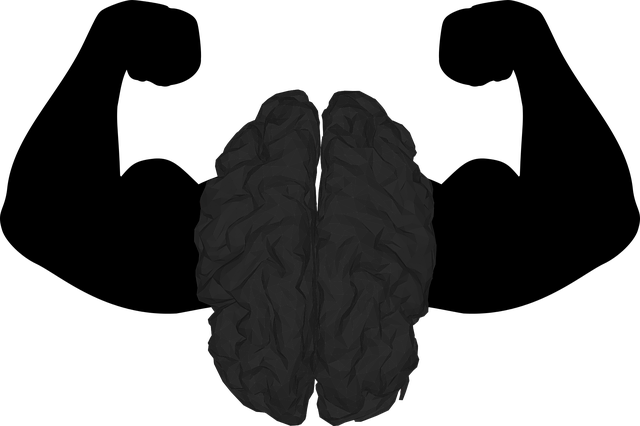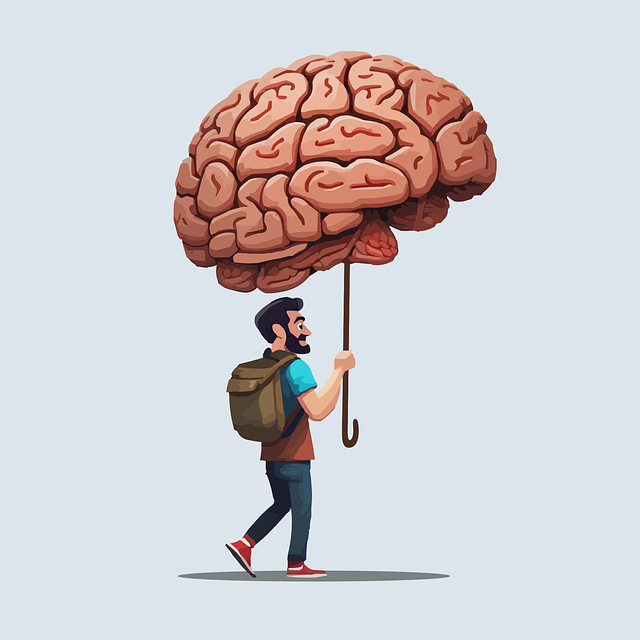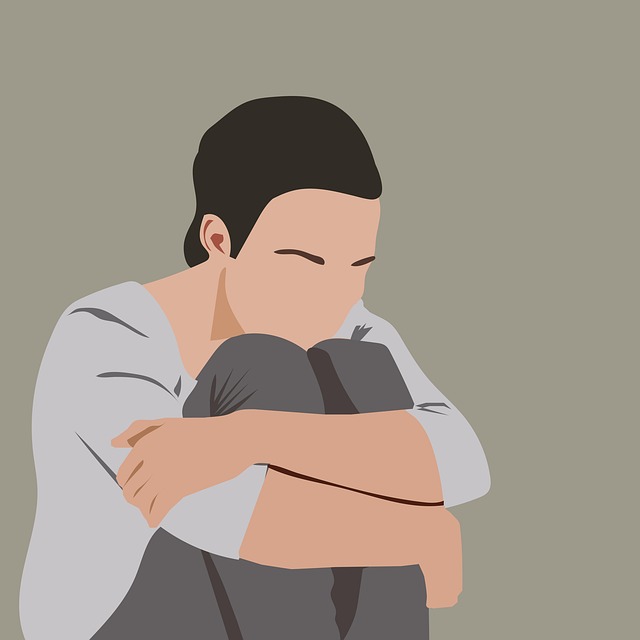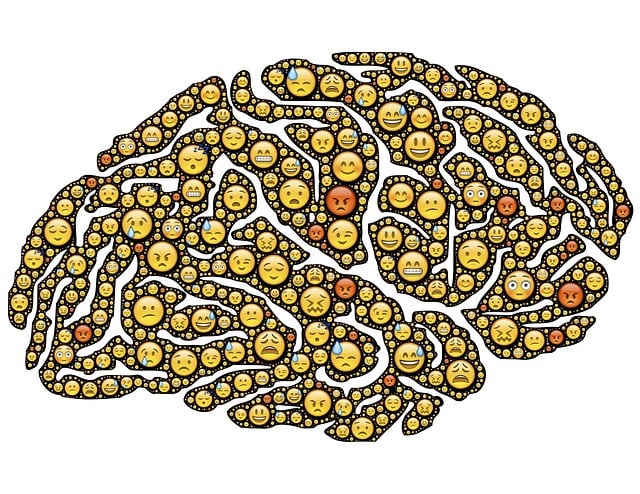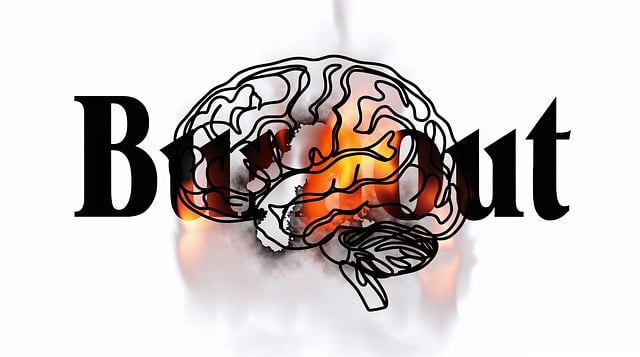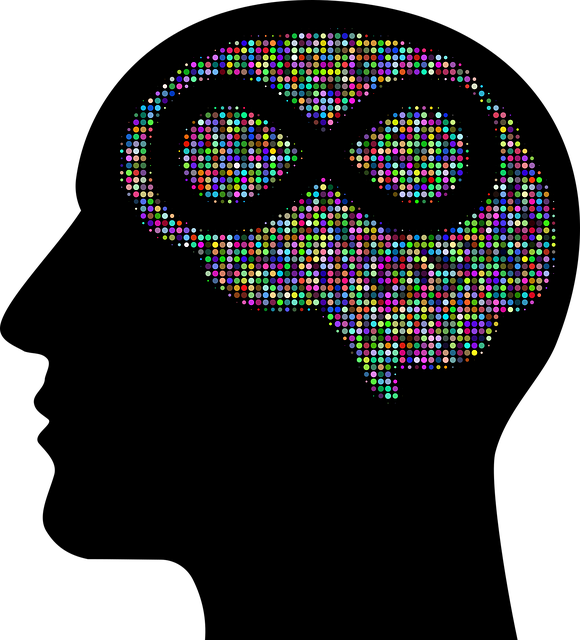Mental health hotline services offer 24/7 support for acute emotional distress, including OCD symptoms, providing immediate crisis intervention and evidence-based coping strategies. Parker OCD Therapy focuses on swift action, personalized guidance, and long-term wellness through tailored coaching programs, ensuring culturally sensitive, confidential support for diverse individuals seeking mental well-being.
In times of mental health crisis, a simple call can be a lifeline. Mental health crisis hotline support services play a pivotal role in providing immediate assistance and guidance. This article explores three key aspects: understanding the essence of these hotlines, delving into the specific role therapists play in supporting individuals with disorders like OCD, and offering practical strategies for effectively accessing these invaluable resources. By examining these elements, we aim to highlight how crisis hotline services, such as Parker Obsessive Compulsive Disorder (OCD) Therapy, can be life-saving.
- Understanding Mental Health Crisis Hotlines: A Lifeline in Times of Need
- The Role of Therapists in Crisis Support: Focus on OCD
- Accessing and Utilizing Hotline Services: Strategies for Effective Support
Understanding Mental Health Crisis Hotlines: A Lifeline in Times of Need

Mental health crisis hotline support services serve as a crucial lifeline for individuals facing acute emotional distress or a sudden onset of psychiatric symptoms. These 24/7 resources are designed to provide immediate assistance, ensuring that people in crisis receive timely intervention and support. Whether it’s someone grappling with thoughts of self-harm, anxiety attacks, or experiencing a breakdown due to stress, these hotlines offer a safe space to talk without judgment.
The significance of mental health crisis hotlines becomes even more evident when considering conditions like Obsessive Compulsive Disorder (OCD). Parker OCD Therapy emphasizes the importance of swift intervention in managing such disorders. By offering coping skills development and emotional healing processes over the phone, these hotlines can equip individuals with immediate strategies to mitigate symptoms and promote better mental health outcomes. Moreover, a risk assessment for mental health professionals is conducted to ensure safety and effectiveness during these critical interventions.
The Role of Therapists in Crisis Support: Focus on OCD

In moments of mental health crisis, therapists play an invaluable role as guides and supporters. When individuals face a surge in symptoms like those associated with Obsessive Compulsive Disorder (OCD), trained professionals offer essential tools for navigation. Therapists skilled in Parker OCD Therapy utilize evidence-based approaches to help clients understand and manage their conditions effectively. This support is crucial, especially during acute episodes, where the focus shifts from diagnosing to stabilizing and providing immediate crisis intervention.
Beyond direct crisis support, therapists facilitate coping strategies tailored to each individual’s unique needs. They encourage mental wellness journaling exercises to track triggers, behaviors, and progress, fostering self-awareness. Additionally, therapists may guide clients toward the development of personalized Mental Wellness Coaching Programs, offering long-term guidance for maintaining mental health and preventing future crises. These services are integral to holistic crisis support, ensuring individuals not only survive but thrive in managing their OCD and improving their overall mental wellness.
Accessing and Utilizing Hotline Services: Strategies for Effective Support

Accessing hotline support services for mental health crises is a crucial step towards seeking help and finding immediate relief. These 24/7 resources are designed to provide a safe space for individuals experiencing a range of issues, from anxiety and stress to more severe conditions like Obsessive Compulsive Disorder (OCD). When facing a crisis, it’s essential to remain calm and connect with the hotline number, which is typically easily accessible through online search or dedicated apps. Many hotlines offer confidential and non-judgmental conversations, ensuring individuals feel comfortable sharing their experiences and concerns.
To ensure effective support, individuals can benefit from preparing for the call by jotting down key details about their symptoms, recent triggers, and any specific needs they have. Being honest and detailed during the conversation allows trained professionals to provide tailored guidance, whether it’s helping manage acute anxiety or offering resources for long-term Parker OCD Therapy. Cultural sensitivity in mental healthcare practice is also essential, with hotline operators trained to adapt their approach based on cultural backgrounds, ensuring a more inclusive and effective support system for diverse populations. This personalized approach, coupled with a focus on building confidence through practical advice and emotional support, can significantly enhance the overall experience, empowering individuals to take control of their mental well-being.
Mental health crisis hotlines play a vital role in providing immediate support and guidance during times of distress. As highlighted in this article, understanding these services and how to access them is crucial, especially for those dealing with conditions like Parker Obsessive Compulsive Disorder (OCD). By utilizing hotline resources effectively, individuals can receive the necessary assistance, fostering a sense of stability and empowering them to seek further therapy, such as specialized OCD treatment. Remember that crisis support is readily available, offering a lifeline when every moment counts.
